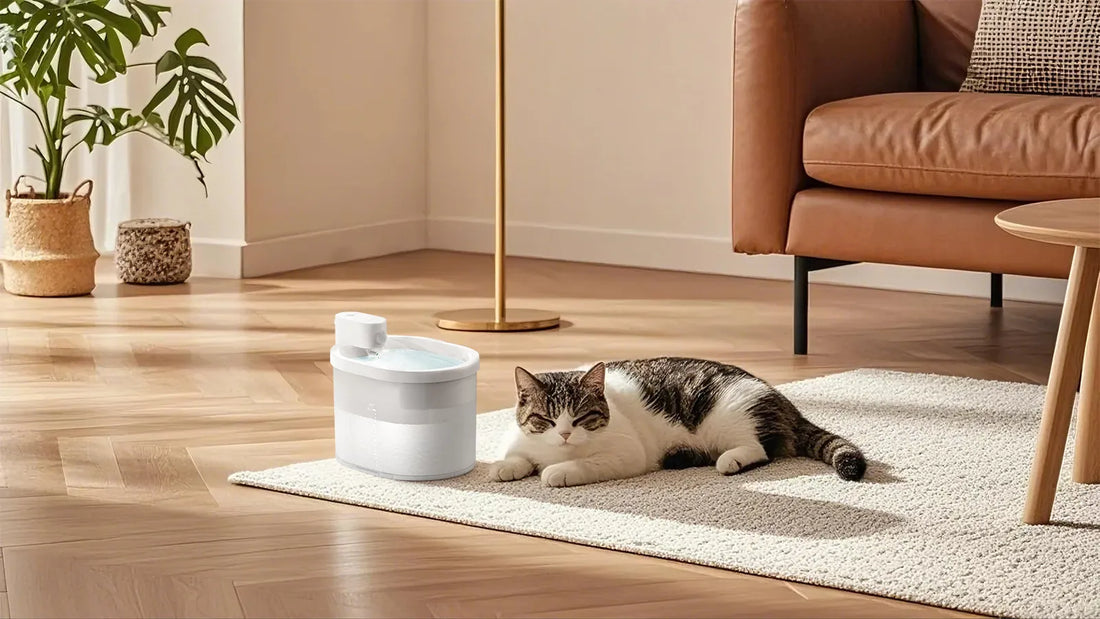Have you ever noticed your dog panting long after their walk has ended? While panting is a normal behavior for dogs, especially after physical activity, excessive or prolonged panting can sometimes signal underlying issues. Understanding why your dog might be panting 30 minutes after a walk is crucial for ensuring their well-being and addressing any potential health concerns.
Why Do Dogs Pant?
Panting is a natural mechanism for dogs to regulate their body temperature. Unlike humans, dogs do not have sweat glands all over their bodies. Instead, they rely on panting to cool down. When a dog pants, moisture evaporates from their tongue and the lining of their lungs, helping to lower their body temperature. This is why you often see dogs panting after a walk, especially on a hot day or after vigorous exercise.
Normal vs. Excessive Panting
It's important to distinguish between normal panting and excessive panting. Normal panting typically subsides within a few minutes after the activity has ended. However, if your dog is still panting 30 minutes after a walk, it could be a sign that something is amiss. Excessive panting can be caused by a variety of factors, ranging from environmental conditions to health issues.
Environmental Factors
One of the most common reasons for prolonged panting is the environment. If the weather is particularly hot or humid, your dog may take longer to cool down. Additionally, walking on hot pavement can increase your dog's body temperature, making it harder for them to recover. Always check the ground temperature before taking your dog for a walk and avoid the hottest parts of the day.
Health Concerns
If environmental factors are not the cause, it's essential to consider potential health issues. Conditions such as heatstroke, respiratory problems, or heart disease can lead to excessive panting. Heatstroke, in particular, is a serious condition that requires immediate attention. Symptoms include excessive panting, drooling, lethargy, and even collapse. If you suspect your dog is suffering from heatstroke, seek veterinary care immediately.
Overexertion
Another possible cause of prolonged panting is overexertion. Dogs, especially those who are not used to regular exercise, can become overly tired after a walk. This can lead to extended periods of panting as their body works to recover. To prevent overexertion, gradually increase the intensity and duration of your dog's walks, especially if they are not used to regular exercise.
Anxiety and Stress
Anxiety and stress can also cause excessive panting in dogs. If your dog is anxious or stressed, they may continue to pant long after physical activity has ended. Common triggers include loud noises, unfamiliar environments, or separation anxiety. If you suspect that anxiety is the cause, try to identify and address the source of your dog's stress. In some cases, consulting with a veterinarian or a professional dog behaviorist may be necessary.
Dehydration
Dehydration is another factor that can lead to prolonged panting. Dogs need plenty of water, especially after physical activity. If your dog is not adequately hydrated, their body may struggle to cool down, leading to extended periods of panting. Always ensure that your dog has access to fresh water before, during, and after walks.
When to Seek Veterinary Care
While occasional prolonged panting may not be a cause for concern, it's important to monitor your dog's behavior. If your dog is panting excessively and also showing signs of distress, such as lethargy, vomiting, or difficulty breathing, it's crucial to seek veterinary care immediately. Early intervention can make a significant difference in your dog's health and well-being.
Preventing Prolonged Panting
There are several steps you can take to prevent your dog from panting excessively after a walk. First, ensure that your dog is well-hydrated and avoid walking them during the hottest parts of the day. Gradually increase the intensity of their exercise to prevent overexertion, and be mindful of their overall health. Regular check-ups with your veterinarian can help identify and address any underlying health issues before they become serious.
Understanding why your dog might be panting 30 minutes after a walk is essential for their health and comfort. By paying attention to their behavior and taking preventive measures, you can ensure that your furry friend stays happy and healthy. If you ever have concerns about your dog's panting, don't hesitate to consult with a veterinarian. Your dog's well-being is worth it!













